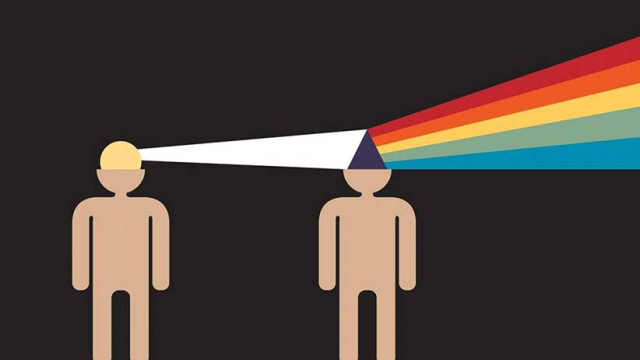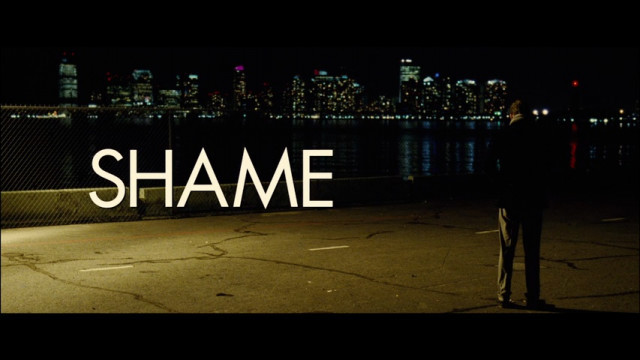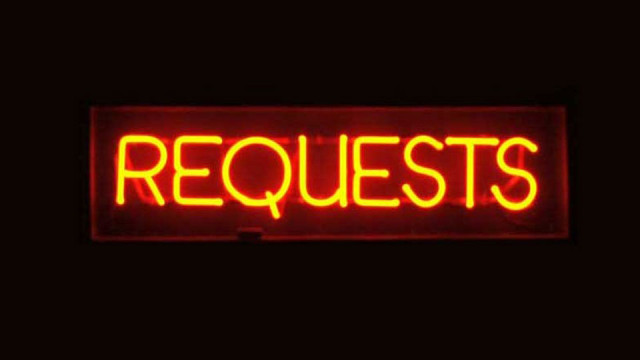Part 1 of The Problem With Most Male Polarity Coaches is back »here«.
Part 2 is below.
Recently I have peeked into male-oriented polarity groups and I’ve been researching how a lot of men are coaching men around relating to women in all-male containers.
I am going to make some sweeping generalizations here, and I know not all men’s groups and coaches will fall into this category, but the overwhelming majority I have seen falls into what I will talk about. And I will explain why I think they are making some grave mistakes.
First, they are addressing a real problem. The problem that has women lamenting “where have all the real men gone?” for at least the last decade. The problem of the lack of polarity. The problem of milquetoast intimate relating between men and women. There are many things in our cultural evolution that have led to this problem - one I have been examining and hearing about for over a decade now with some intentionality - but I’ll get into the “why” we find ourselves here at another time. For now, suffice it to say they are addressing a real problem. That, and men who feel isolated or guilty simply for being men. So there are men attempting to regain their masculine core.
Fair enough.
But what I have noticed - by far - are men giving men coaching that has them be liked by other men. Not be more effective with feminine yet empowered women. It’s as if they are more comfortable high-fiving in the locker room than they are gazing into a women’s eyes while you make slow, deep, connected love to them.
The themes I see are these:
- Women are basically children and behave like children and you have to treat them that way
- Women “can’t be trusted” because they have feelings that are transient that make agreements or understandings fluid and - the one that finally had me say “enough” and write this:
- At her worst, she is broken and at her best, she is fractured. No matter how many accolades, successes, or children - a man is what makes her feel complete.
Frankly, it borders on misogyny.
==
My basic reaction to this is: “Wow. How do you say you date young women with low self-esteem to make yourself feel superior without saying you date young women with low self-esteem to make yourself feel superior?”
==
Jesus man.
There is a lot to unpack there, but to men who buy into this sh*t: don’t listen to men who have clearly only dated low-quality, still in trauma, or immature women who have low self-esteem.
These opinions not only reveal more about those men who think these things but also, reveal a lot about the kind of woman he has dated and continues to attract than it does about women in general.
These aren't insights. They just reveal low consciousness. Average mindsets. Mediocre relating and below-average relationships.
But if you say any crap congruently enough, plenty of people will buy it. Especially if they are lost and looking for direction. And in the echo chamber of man-on-man polarity coaching, there is a lot of crap. But are they effective with women? Are they having fulfilling relationships - regardless of how long? Or are they just plowing through one-night stands and getting high-fives from their “bros”.
Humans rise to the expectations we hold for them, communicate to them, and if we are developed enough and aligned enough within ourselves, we become a truing element - we don’t even need to declare a boundary usually because it is woven into the fabric of our being. It is an outgrowth of self-respect.













